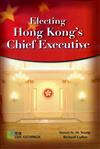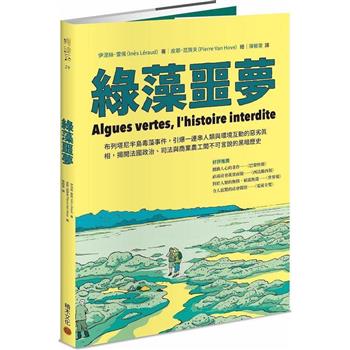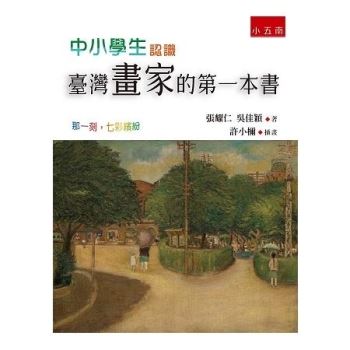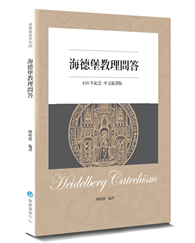| FindBook |
|
有 1 項符合
SIMON N. M. YOUNG AND RICHARD CULLEN的圖書 |
 |
$ 968 ~ 1139 | Electing Hong Kong’s Chief Executive
作者:SIMON N. M. YOUNG AND RICHARD CULLEN 出版社:香港大學出版社 出版日期:2010-07-05 語言:繁體書  共 3 筆 → 查價格、看圖書介紹 共 3 筆 → 查價格、看圖書介紹
|
|
|
圖書介紹 - 資料來源:TAAZE 讀冊生活 評分:
圖書名稱:Electing Hong Kong's Chief Executive
In 2007, the Hong Kong Special Administrative Region held its first-ever contested election for Chief Executive, selected by 800 members of an Election Committee drawn from roughly 7% of the population. The outcome was a foregone conclusion, but the proce
作者簡介:
Simon N. M. Young is an associate professor and the director of the Centre of Comparative and Public Law in the Faculty of Law, University of Hong Kong. His earlier work on the Hong Kong legislature was published in Functional Constituencies: A Unique Fea
商品資料
- 作者: SIMON N. M. YOUNG AND RICHARD CULLEN
- 出版社: 香港大學出版社 出版日期:2010-07-05 ISBN/ISSN:9888028391
- 裝訂方式:精裝 頁數:254頁
- 類別: 中文書> 歷史地理> 中國歷史
|









